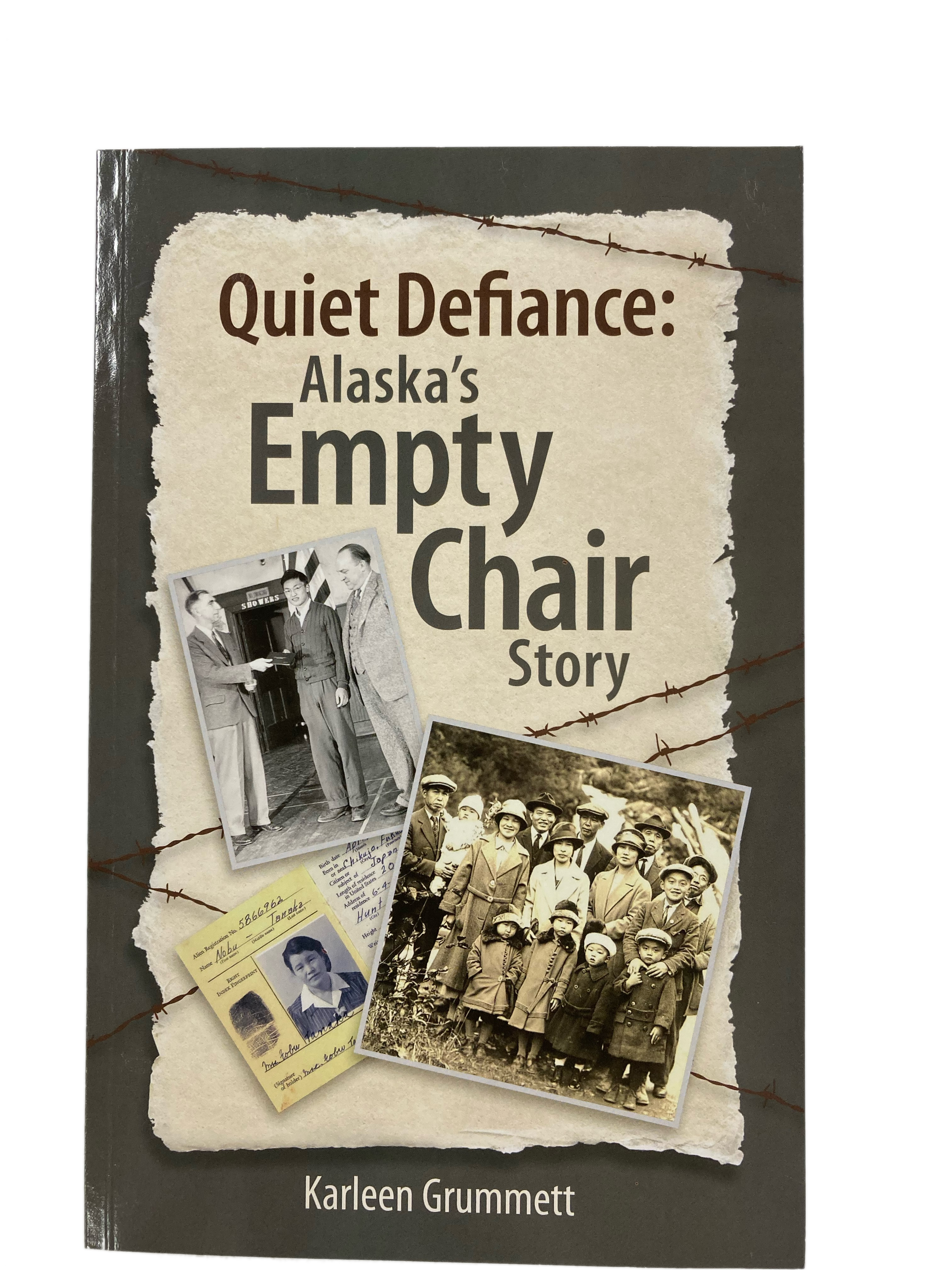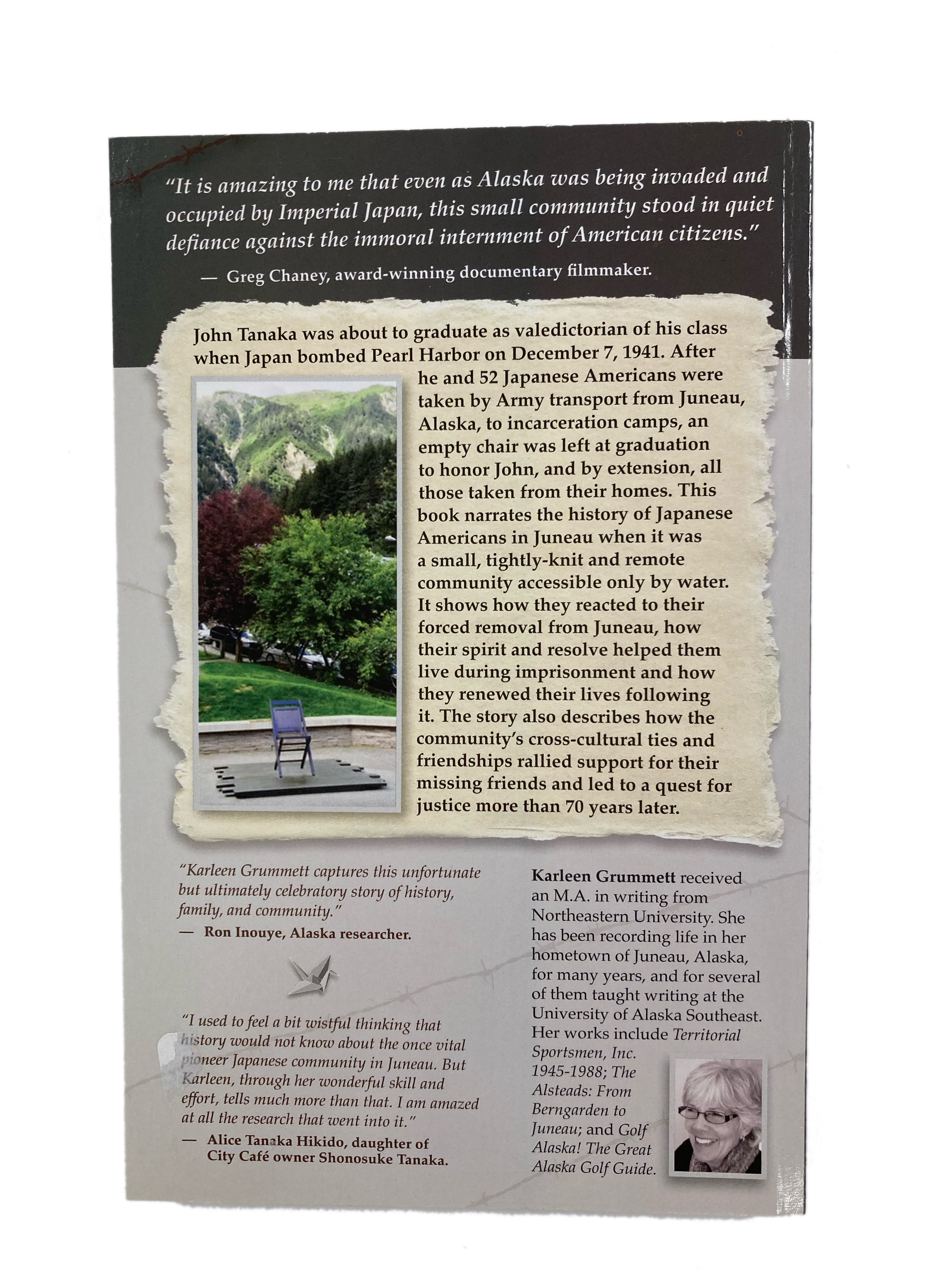Quiet Defiance: Alaska's Empty Chair Project
Description
After Japan bombed Pearl Harbor on December 7, 1941, people of Japanese ancestry living on America's West Coast, including Alaska, were forcibly removed from their homes and jailed in detention camps. Understanding the scope of Japanese treatment during World War II requires acknowledging the unique and personal experiences of Japanese Americans, which have rarely included those living in Alaska. This book begins to rectify that omission by looking at the Japanese community of Juneau, Alaska when it was a small, tightly knit and remote community accessible only by boat. The story revolves around a key event involving John Tanaka, a senior and designated class valedictorian. Before he and his family were shipped out of Juneau, a special assembly was held at the Juneau High School where John received an early diploma. However, later at the actual graduation ceremony, in an act of quiet defiance, his chair was left empty to express the void and injustice felt by the community for him and other missing friends and neighbors.What unfolds is an account of how Japanese Americans living in Juneau between 1941 and 1951 reacted to their forced removal from Juneau in 1942, and how their spirit and resolve helped them live during their imprisonment and renewed their lives following it. The story also shows how the Juneau community's cross-cultural ties and friendships rallied support for their missing friends during and after incarceration, which led to a quest for justice over 70 years later.
©Friends of the Alaska State Libraries, Archives and Museum.
FoSLAM is a 501(c)3 non-profit organization. Juneau, AK , P.O. Box 22421, Juneau, AK 99802


